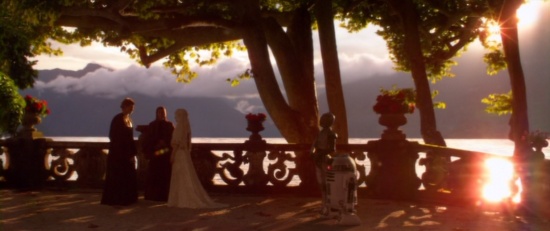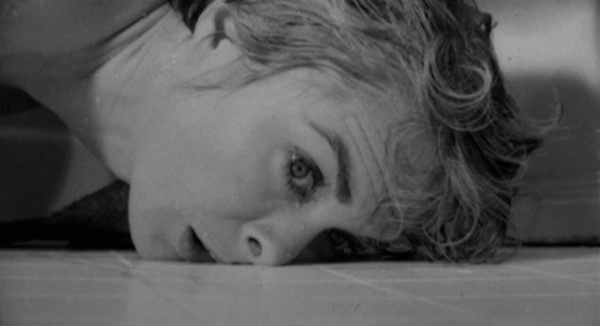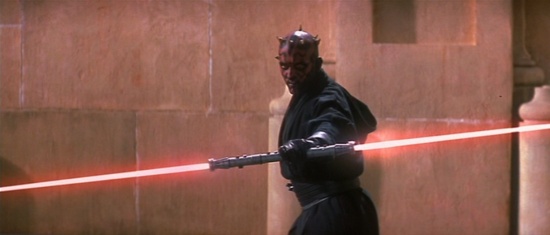 This is a recycled undergraduate essay, originally written in October 2002; I’ve left it on the page as I think it holds up relatively well as a survey of some of the main writing on Citizen Kane, and it used to get a lot of hits when it was posted on my old page.
This is a recycled undergraduate essay, originally written in October 2002; I’ve left it on the page as I think it holds up relatively well as a survey of some of the main writing on Citizen Kane, and it used to get a lot of hits when it was posted on my old page.
Orson Welles’ Citizen Kane (1941) is probably the most celebrated film that has ever been made: it is unnecessary to recite the list of top tens that it has dominated to make this point. It is a cliché that Citizen Kane is “the greatest movie that ever has been or will be made.”(1) In this role it acts in the kind of calibrating role that Shakespeare’s plays do in literature: when arguments about canon formation threaten to descend into squabbles about the subjectivity of greatness, Citizen Kane serves a useful function as a marker of almost universally accepted merit. A cursory glance at the literature on the film highlights the fact that it has attracted the attention of many of the most prominent writers on film, across the spectrum from both popular critics to academics. The list includes Roger Ebert, Pauline Kael, David Thomson, Peter Bogdanovich, Andre Bazin, Andrew Sarris, David Bordwell, Noel Carroll, Laura Mulvey, and many others.(2) This veritable rogue’s gallery of big names attests to the insatiable urge amongst critics and theorists across the cultural spectrum to add their own take on Kane. Given that most of these writers ascribe to the essential view of Kane is a masterpiece, they add an impressive strength to its cultural status. Yet upon closer examination the inevitable diversity of opinions amongst these writers makes it harder to describe the “Kane as masterpiece” positioon as unified. The writing on Citizen Kane starts to resemble the film’s eyewitness descriptions of Kane himself: the more contradictory explanations of the movie are offered, the harder it is to reconcile a clear view of what the film’s virtues really are. Often, a particular account of the film is also accompanied by an implicit (or even explicit) assertion that it is the writer’s own view that really describes the film’s central great qualities. Such an invocation of a critical “Rosebud” – the observation or critical approach that really serves to throw the jumbled mass of Citizen Kane into focus – is to be expected. One such critical “Rosebud” is Noel Carroll’s essay on the film, which speaks of two contradictory meanings in the film and suggests a way of reconciling them. In this essay, I will use Carroll’s article as a starting point for a survey of popular writers on Kane (Roger Ebert, Pauline Kael, and David Thomson) and more academic approaches (Carroll, David Bordwell, and Laura Mulvey), noting in particular their divergent approaches to the key question: what is Citizen Kane really saying?
Continue reading →



